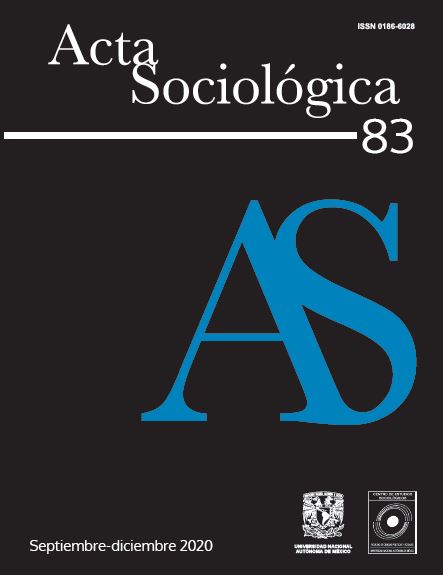The food impact of COVID-19 pandemic on students with highly marginalization. The case of school meals in Tamaulipas
Main Article Content
Abstract
The health crisis caused by covid-19 has had a significant effect on the educational sector, in terms of pedagogy and knowledge appropriation. Also, one of the aspects that has had the greatest impact on groups in high and very high levels of marginalization is the food crisis derived from the suspension of the school breakfast program implemented in basic education schools, which has led to an increase in structural violence. In this context, the conditions of students living in rural and highly marginalized communities in the state of Tamaulipas, Mexico, an entity with high rates of violence, are analyzed, emphasizing the effect that in individual, collective and social terms the food deficit of at least 32,010 children during the pandemic.
